Property inspections are a vital part of managing a tenancy so it’s essential that landlords get them right. Here are some top tips to ensure landlords in Chorley don’t miss a thing. A three-minute read.
We’ve all heard the horror stories about troublesome tenants who destroy a rental property, leaving the landlord up to their neck in repair bills and legal costs. Or maintenance issues that were not reported and became problematic. In all honesty the majority of our tenants are fantastic and look after their homes but let’s face it nightmare tenants make for good gossip!
Thankfully, there are ways landlords can reduce these risks and one key strategy is to conduct regular inspections, what we call mid-term inspections.
Landlords are often assiduous with inspections at the start of a tenancy, but then tend to let things decline over time. This is a big mistake as mid-term inspections allow landlords to:
- Spot lifestyle condensation and mould, leaks, damp or blockages before they become major problems.
- Guard against subletting and illegal activities. The lack of inspections allows the perfect opportunity for these!
- Identify property damage – intentional, neglectful or accidental.
- Protect themselves and their insurance policy in the event of a dispute. (Many insurers won’t pay a claim if the landlord hasn’t been vigilant.)
- Avoid vacation disputes at the end of the tenancy, as issues are dealt with during the tenancy instead.
- Set the tone of the landlord/tenant relationship. If they know you’re on the ball, tenants are more likely to treat your property with respect.
- Build trust. Tenants will be grateful to you for sorting out minor issues without prompting.
Tenants are often worried about reporting maintenance for fear of being ignored or told they are moaning about nothing and in our experience they will save any maintenance issues for the inspection where they can be seen in person. It’s not ideal, but it’s a good way to get to the bottom of any work that needs doing that in the long term could cause a detrimental problem with the property.
So, we all agree that inspections are crucial, but how can landlords ensure they get them right? Here are seven top tips.
1) By law, a landlord can’t just turn up without notice – you must give at least 24 hours’ notice. Be reasonable when arranging inspections; you’re trying to work with the tenant, not against them. Often giving 7 day’s notice will be better received and less likely to cause any animosity. There are legal procedures to follow for booking an inspection, entering the property for an emergency or if a tenant constantly avoids an inspection.
2) Have a systematic approach. Use a standardised form, and go from room to room, taking photos and notes. Use the check-in inventory as a guide.
3) Don’t just look internally; ensure the tenant is maintaining the garden according to the rules set out in the tenancy agreement. Also, do visual inspections of the pipework (inside and out), drains and electrical sockets.
4) Test smoke alarms, carbon monoxide detectors and extraction fans.
5) Ask the tenant if there is anything they want to discuss. This is a key question to ask during inspections.
6) Once you’ve completed your inspection, sign it and share it with the tenant (ask them to sign it, too).
7) File the inspection so that you have a paper trail in case of a future dispute.
If you don’t have the time or expertise to conduct regular inspections, contact us here at PR Lettings & Management for more information about our tried and tested inspection processes.
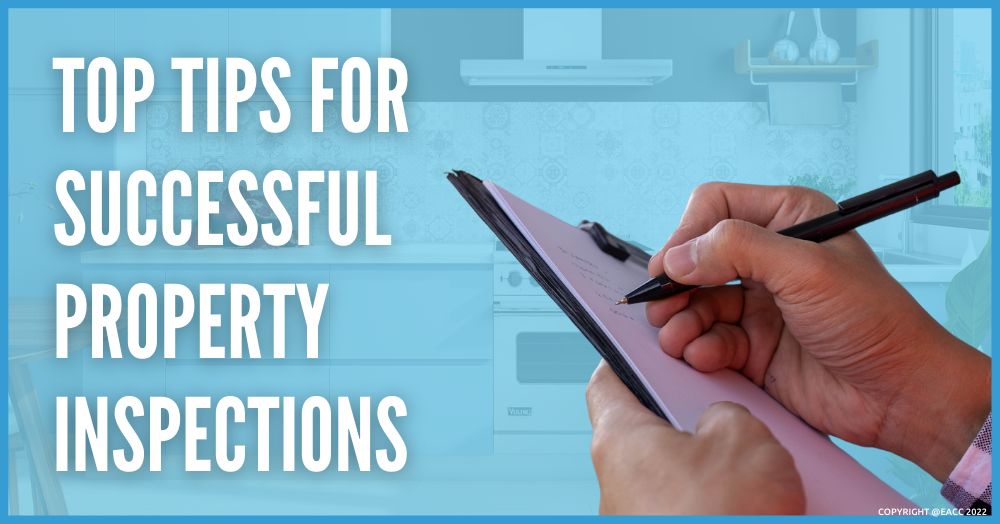
 By
By 
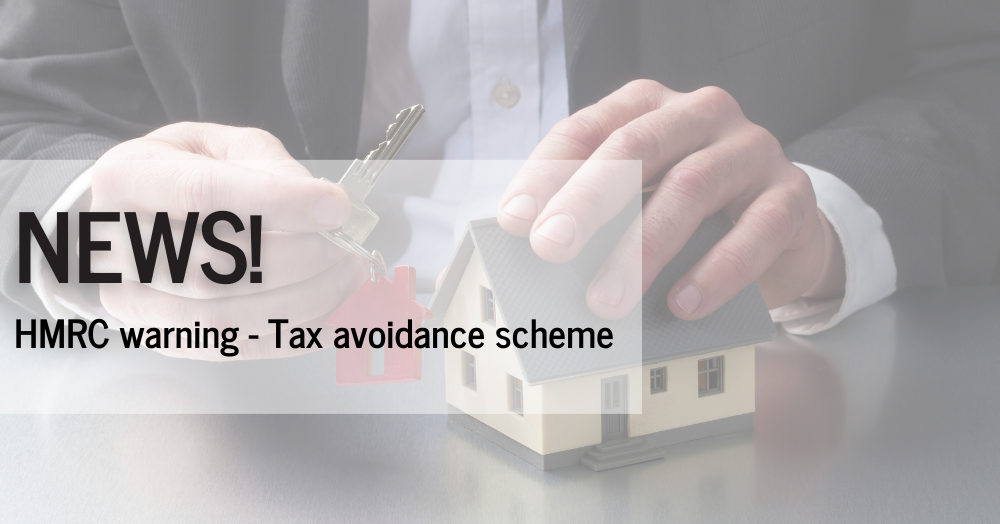
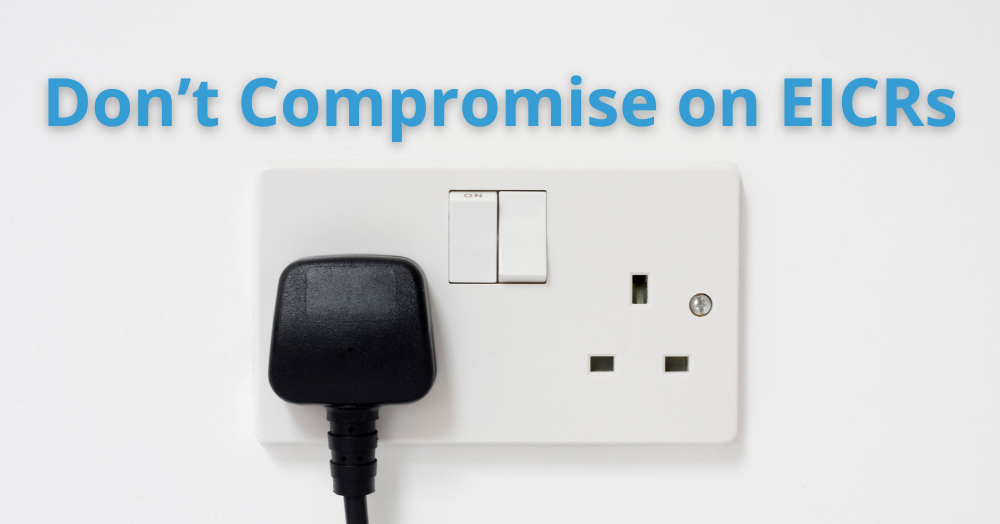
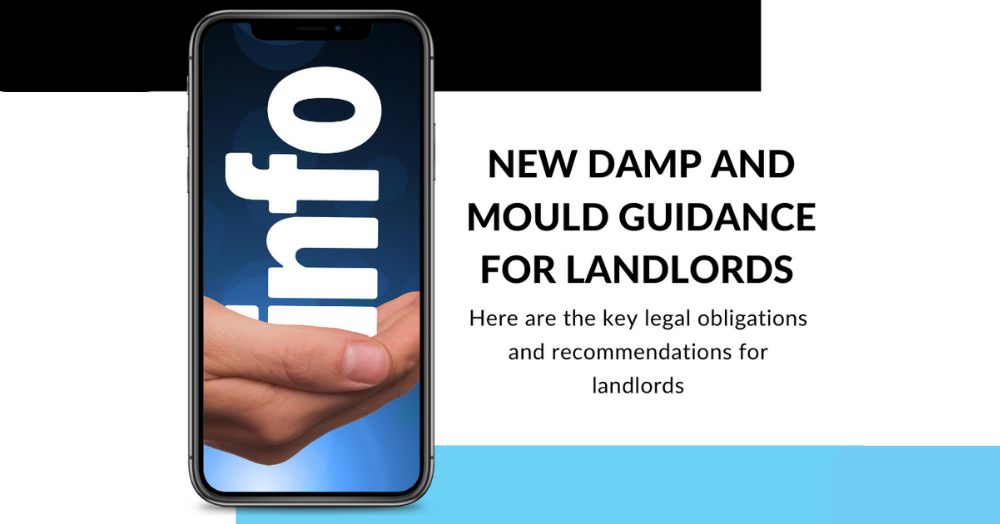
Share this with
Email
Facebook
Messenger
Twitter
Pinterest
LinkedIn
Copy this link